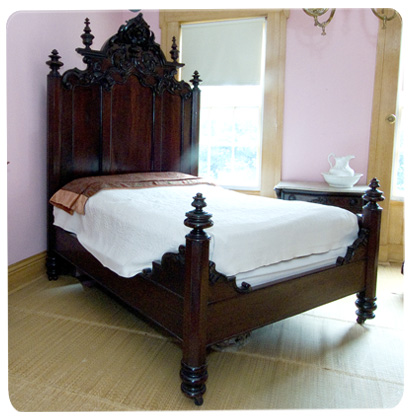 |
 |
||||||
 |
|||||||
 |
|||||||
Descriptive Detail Local Historical Connections Like Robert Campbell, Hamilton Gamble had Irish roots—both parents were Irish immigrants. Gamble also had southern roots. Born in Virginia, he moved to Missouri in 1818, first serving as a deputy to his brother, who was a clerk of the St. Louis Circuit Court, then setting up his own law practice. In 1824 he was appointed Missouri’s Secretary of State, a position he held until 1826. Elected to the Missouri State Supreme Court in 1848, he was asked to run by one hundred fifty of the one hundred fifty-nine lawyers who were then practicing in St. Louis. (Roswell Field was one of the lawyers who supported him.) He agreed, but did not run as a member of any political party, despite the fact that he had been elected to the legislature as a Whig in 1846. Without campaigning for the Supreme Court position, he won by a landslide, a testimony to his ability and popularity. Gamble was thus one of the three Missouri Supreme Court judges who heard the appeal of the Dred Scott case. Despite years of legal precedent in which slaves taken to free territory had been granted their freedom, two of the judges chose to reverse the lower court decision and deny Dred Scott his freedom. Gamble was the lone dissenter, arguing strongly for following precedent. National Historical Connections |
|
||||||
| About Us | Partners | Press Room | Donate | Site Map | Contact ©2010 Urban Museum Collaborative |
|||||||
